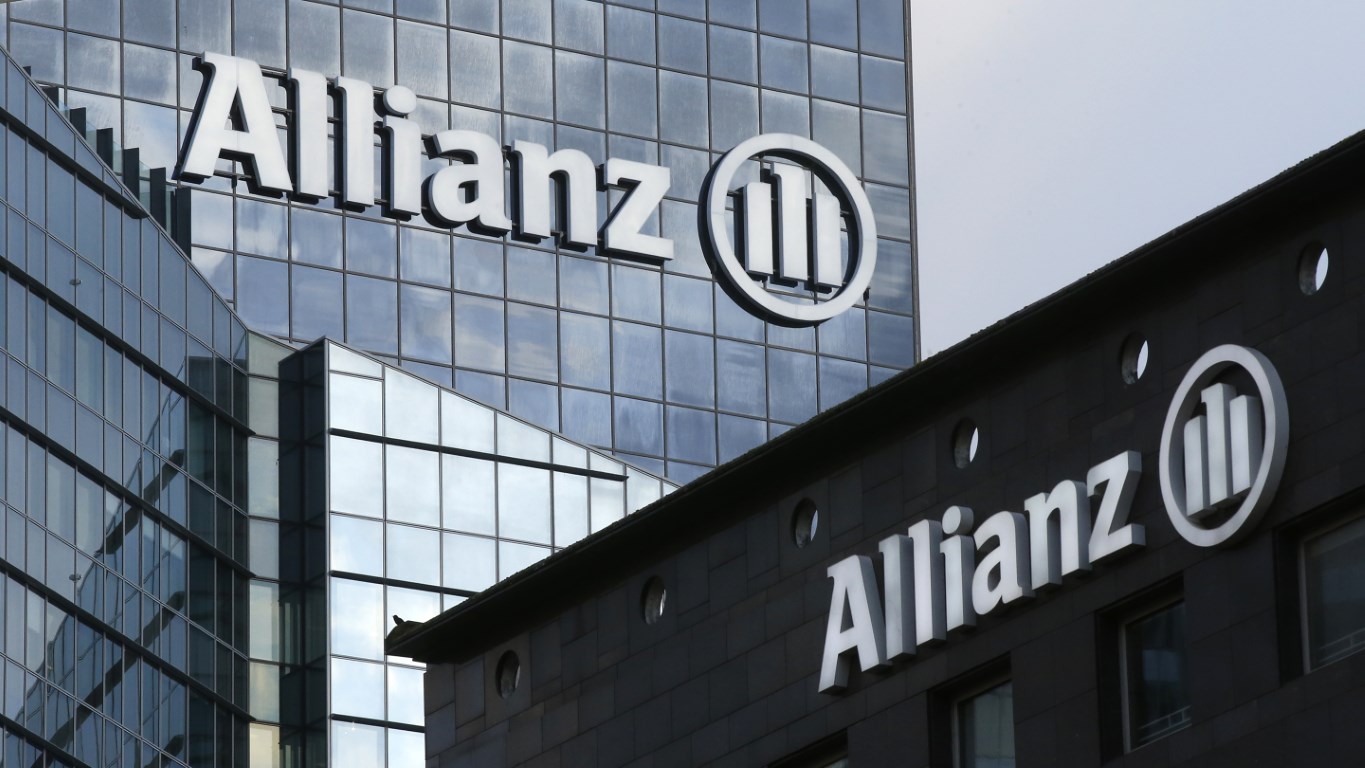Allianz invests US$120m in Africa
April 10, 2018 | Expert Insights

Allianz plans invest nearly US$120 million to an African infrastructure fund through a 12-year loan to a vehicle underwritten by western development agencies. With this, Allianz will become the first large commercial lender to commit long-term funding to Africa.
Background
Allianz SE is a European financial services company headquartered in Munich, Germany. Its core businesses include insurance and asset management. It is the world's largest insurance company and the largest financial services group, according to data from 2014. It is also the largest financial services company when measured by 2013 revenue. The company is listed in the Euro Stoxx 50 stock market index.
Allianz was founded in 1890 in Berlin by then director of the Munich Reinsurance Company Carl von Thieme and Wilhelm von Finck. The company was listed in Berlin's trade register under the name Allianz Versicherungs-Aktiengesellschaft. The first Allianz products were marine and accident policies sold only in Germany. In 1893, Allianz opened its first international branch office in London. It distributed marine insurance coverage to German clientele looking for coverage abroad.
Investment in Africa
Cooperation between Africa and the European Union is guided by a Strategic Partnership, based on shared values and common interests. In 2007, the Joint Africa-EU Strategy (JAES) was adopted by both partners to build stronger links between the two continents in for cooperation, deepening political dialogue, and to provide a concrete road map for the future. Africa and Europe are each other's closest neighbors. Africa's 54 countries and the European Union's 28 Member States have a shared neighborhood, history, and future.
Development in Africa has seen rapid increase in the last five years. China’s popularity in Africa grew considerably and is known to be one of the most favorable in Africa’s strongest emerging economies: in Nigeria and Kenya, 89% and 75%. According to the Wall Street Journal, Chinese exports to African countries amounted to US$73.4 billion in 2011, more than any other nation, and more than double the worth of US exports to Africa, at US$31.5 billion.
US direct aid to Africa presently totals around US$8 billion dollars annually, as opposed to China’s US$2.5 billion, according to former US Ambassador to Ethiopia and Burkina Faso, David Shinn. Last year, Robert Sichinga, Zambia’s minister of commerce, said “Americans are falling behind other countries in the race to in tap investment opportunities in Africa, which has been unfairly characterized as a ‘lost continent.’” This statement showed criticism emphasizing that US policy has discounted and marginalized the African continent.
Analysis
Allianz has agreed to invest in the Emerging Africa Infrastructure Fund, which is a part of US$385 million funding round to finance risky African projects.
Allianz said the structure of the deal is in a manner where its loans were “risk remote”, because they were backed by collateral in more than 40 projects. “We would only lose money if all the other equity investors are taken out,” stated Claus Fintzen, chief investment officer at Allianz Global Investors, referring to international development agencies from Britain, Sweden, and Germany, which have put equity in the 16-year-old fund.
This loan satisfies Allianz’s fiduciary responsibility to its investors. The interest rate was more attractive than listed emerging market debt available on the market.
Allianz had decided to invest in the region because it acknowledged that there was “quite a big gap between perceived risk and the actual experience” of investing in African projects, ranging from water supply in Rwanda to solar power in Uganda and a cement plant in the Democratic Republic of Congo.
Allianz is lending €75 million and us $25 million, both over 12 years. African Development Bank and Standard Chartered, along with development banks KFW (Germany) and FMO (Netherlands) are returning investors to the fund, with cumulative investments of about US$1.3 billion.
The fund has 40 ongoing projects, half of which are in the power sector. Of those, two-fifths are in renewable energy, mostly solar and hydro. Considering that most of sub-Saharan Africa has huge infrastructure shortages, only 35% of the population has access to electricity, against 78% in South Asia and 96% in East Asia and Latin America, according to the World Bank. The World Bank estimates that gross domestic product could be 2 percentage points higher if the power deficit could be fixed.
Since the 2008 financial crisis and the imposition of Basel III, which imposes stricter capital requirements, lending toward infrastructure projects in Africa had been completely halted. However, while there were concerns about the risk of default or regulatory changes, deals were allowed to be structured in a way that they were relatively protected from political risk.
Assessment
Our assessment is that the investment by Allianz to the Emerging Africa Infrastructure Fund is expected to encourage other institutional investors from around the world to focus on lucrative projects in Africa. In the recent past, Africa’s development has become a key area of interest for Europe. Countries like Germany and Poland have strongly opposed the movement of immigrants from Africa. Hence, these nations have boosted investment to create more opportunities within the continent. We believe Africa desperately needs this kind of foreign infrastructure investment to improve its economy and to ensure effective utilization of its resources.








Comments